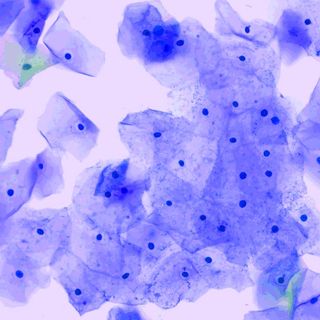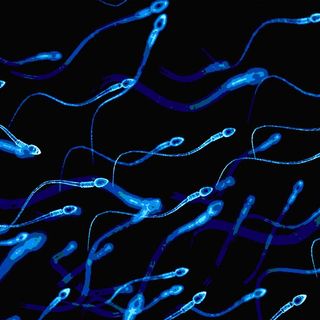
Study: Introducing Babies to Solid Foods Early Linked to Better Sleep
Controversial finding challenges current, global recommendation for six months of exclusive breastfeeding.

A new study, out of King’s College London and St. George University of London, has found introducing babies to solid foods at an earlier age may be linked to longer and less interrupted sleep.
The finding is controversial and runs counter to the UK’s National Health Services’ current statement that introducing infants to solid foods does not affect their sleep. It also potentially challenges the recommendations of the World Health Organization and the American Academy of Pediatrics, both of which advise mothers to feed babies breast milk exclusively for at least the first six months of life.
The findings are a secondary observation stemming from the Enquiring About Tolerance (EAT) study, which concentrated on preventing allergies by introducing children to allergenic foods at an early age.
The study divided 1303 women from England and Wales, who all had exclusively breastfed their three-month-olds, into two groups: one in which participants continued feeding babies only breast milk, and the other in which participants introduced babies to solid foods at three months while also breastfeeding. For three years, parents in both groups completed regular surveys about their children’s eating, breastfeeding and sleeping habits, as well as their own physical, psychological and social health.
Infants from the early introduction group slept longer and with fewer interruptions at night than children from the exclusive breast milk group.
Around six months, the differences between the two groups were most evident: the early introduction group’s infants slept an average of 16.6 minutes longer at night (2 hours more per week) than the exclusively breastfed infants, and the former’s night wakings reduced from twice a night to 1.74.
Perhaps unsurprisingly, maternal health and well-being was also higher among mothers in the early introduction group.
The study has been dismissed by other experts in the field.
“Much of the published evidence in this area actually shows the opposite, that what a baby eats has nothing to do with their sleep,” writes Amy Brown, a professor of child public health at Swansea University, for The Conversation. “The recent study is an excellent example of how statistically significant differences and real world differences can be miles apart. The authors themselves note that no difference in waking was seen until five months old, despite one group having solids from three months.”
Indeed, the EAT researchers were unable to speculate about how and why solid foods might help babies sleep better, or whether the trade-off between less breast milk — associated with many health and developmental benefits — for more sleep — the time when babies’ brains wire up — is one worth making.
“What we do hope is that this work will add to the ongoing global conversation about the pros and cons of six months of exclusive breastfeeding, which in turn may help shed more light on [those] areas,” says study author Dr Kirsty Logan, a pediatric allergy researcher with King’s College London.
The global conversation, which for years has centered around the imperative of six months’ exclusive breastfeeding, has faced a variety of challenges lately, from research questioning breast milk’s role in cognitive development, to the USA’s recent rejection of a pro-breastfeeding UN resolution. These findings become the latest suggestion that while breast milk is vital, policies that promote it may need to pay closer attention to the practices that surround breastfeeding.
In the meantime, “we are encouraging all women to stick to existing advice to exclusively breastfeed for around the first six months of age,” says a representative of the UK’s Food Standards Agency, which funded the study. “If there is any doubt about what’s best for your baby, please seek advice from your doctor or health professional.”
Related


Antioxidant Supplements Unlikely to Boost Men’s Fertility
